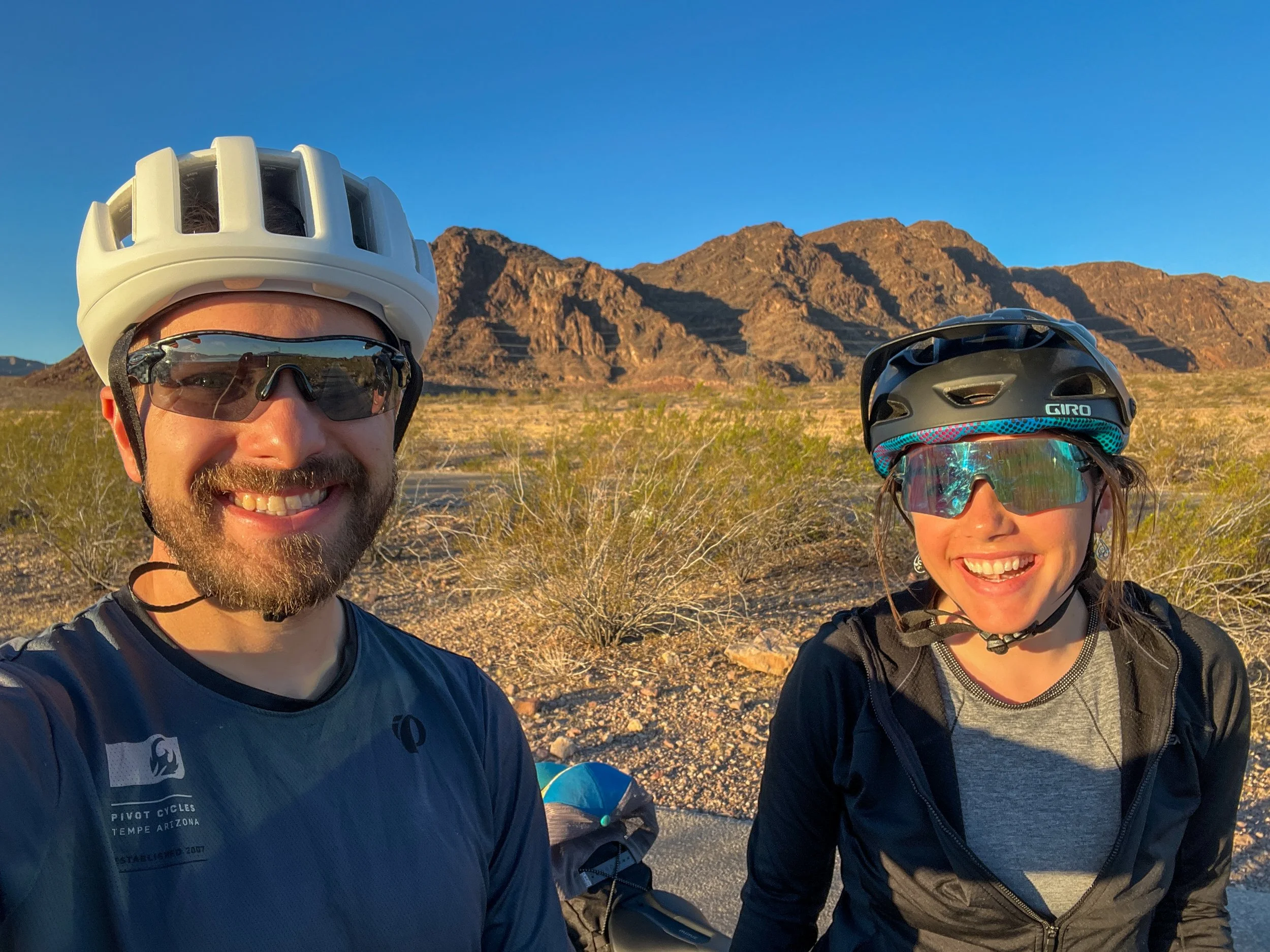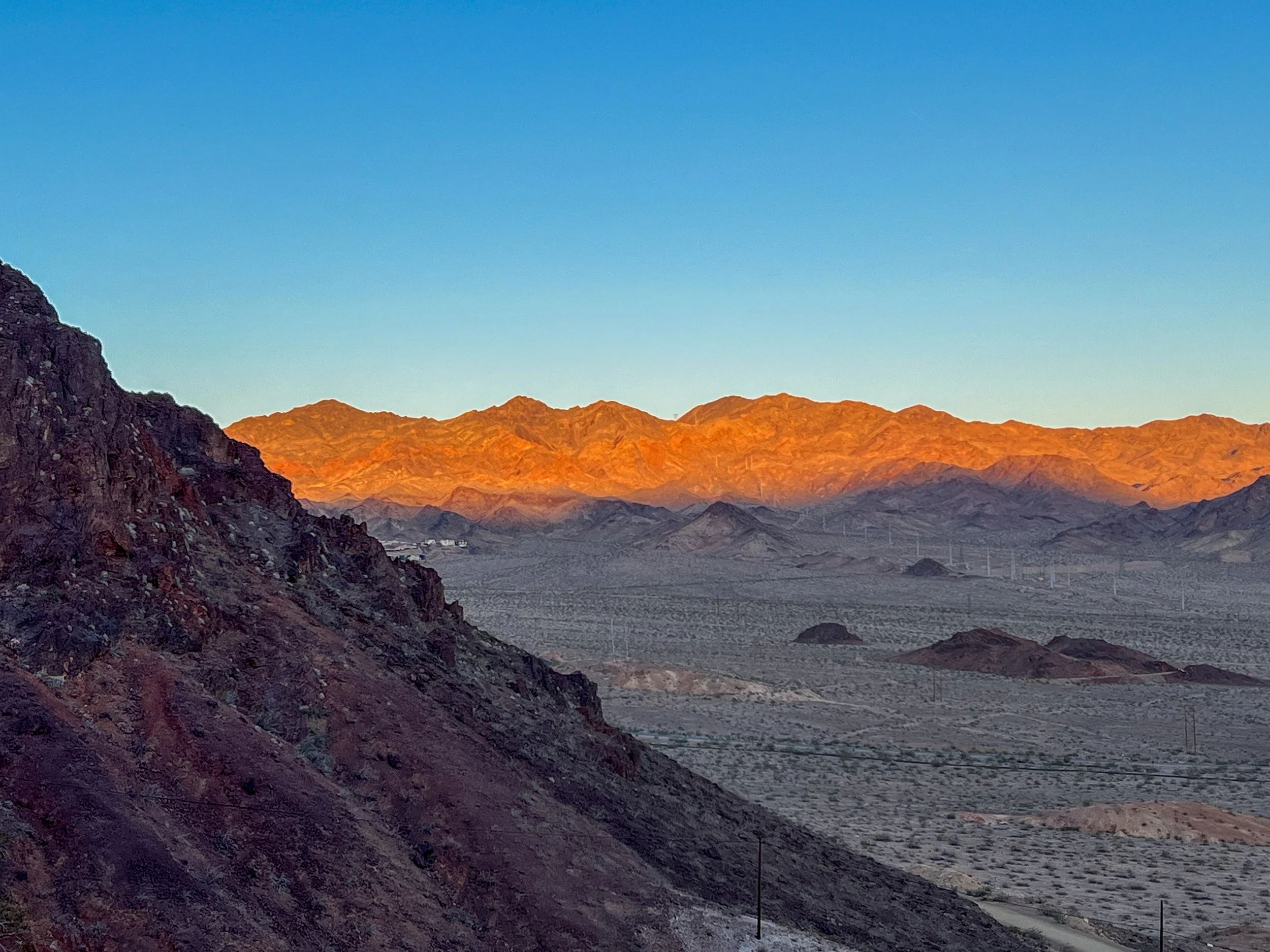In search of reality in a world of deepfakes: Thoughts on AI
Nevada
The world changes in the blink of an eye.
One day, you have a career as a writer, a graphic designer, or an accountant.
The next, your job has been rendered obsolete by a newly developed artificial intelligence that can do your work for $20 per month.
*record scratch*
OK, I think the reality is a bit different than this — I'm not sure how many people have lost their jobs due to AI... yet. And if your job truly could be replaced by ChatGPT, you probably weren't making that much of an impact in the world to begin with.
And yet.
And yet, I still spend a lot of time thinking about what it means to be a writer in an age where literally the first thing that generative AI was taught to do was write. It wasn't the third or fourth or tenth iteration — no, ChatGPT clawed its way out of its digital womb spewing words, albeit oftentimes hallucinated and incorrect words.
But still, words nonetheless.
People who say, "Oh, well AI is nowhere near good enough yet," haven't been paying attention. The rate of change and improvement is astronomical, and it's only a matter of time until AI is able to generate writing that's as good or better than what 100% of humans can produce.
The question is: how do we as writers, creators, and humans differentiate ourselves from the machines?
Nevada
You can't fake human connection
As the months roll on and AI accelerates at an astronomical pace, there's one thing that it will try very hard to fake, but will never be able to manage: human connection.
We want to read stories about real human beings. We want to hear about the pain that people have endured and what they found on the other side of that pain. We want to get an inside look into the writer's fucked up internal dialogue. We want to see the anguish, the triumph, the challenges, the successes.
As Yuval Noah Harari wrote in Nexus, "What makes it interesting for us to watch and connect with human athletes and chess masters is that their feelings make them much more relatable than a robot. We share an emotional experience with them and can empathize with how they feel."
In short, we want to connect with someone who's real.
Nevada
In search of reality
As AI can ever more quickly and convincingly create writing, art, photographs, and even videos that appear real, I think that humans are going to crave connecting with someone who's truly raw and real. This applies to art, but it also applies to the rest of life.
Our existence has been taking place ever more increasingly in digital spaces for decades, and the rate of change continues to ramp up logarithmically. While virtual reality is one aspect, I think that when you combine VR with the question of whether or not a piece of content or art that you're consuming was produced by a human or a machine, it will create disenfranchisement with the entire digital establishment.
““What’s real anymore? Was this created by a machine? These images being fed straight into my brain — did they actually happen?””
This distrust will soon be an electric prod in the backside of the masses who have had a hard time leaving their couches because this distrust of what they're seeing on their screens will provoke them to finally — finally! — pursue what's visceral and real in life. (At least, I hope so.)
The potential for humans to more radically pursue in-real-life experiences that they know beyond a shadow of a doubt can't be faked is astronomical. We're going to look forward to any opportunity to meet with other humans face-to-face. And we're going to look for any chance we can get to leave the screens behind and get outside in the natural world.
As sweat pours off your forehead while you grind up a steep mountain slope, shoes slipping in the loose dirt, lungs gasping for oxygen, you don't have to wonder if this is real. You don't have to guess. It might hurt like hell, but you at least know one thing:
This right here? This is real life.



